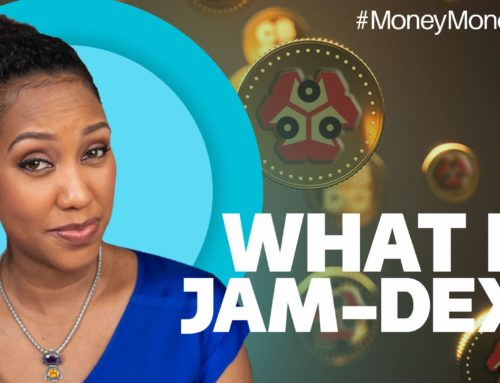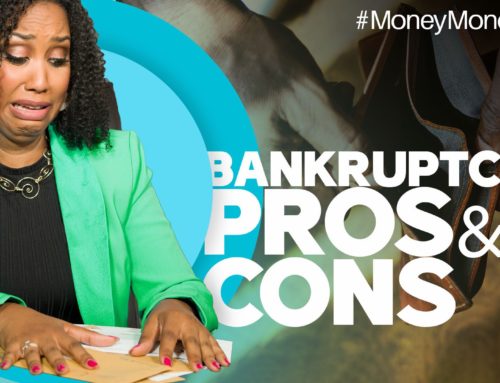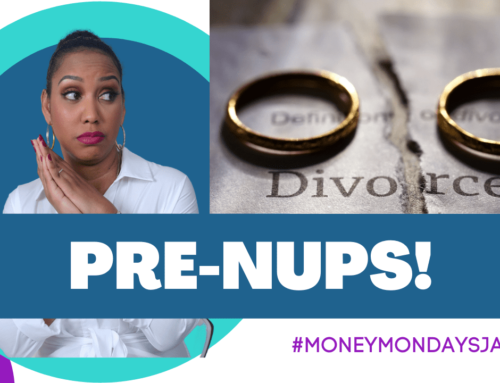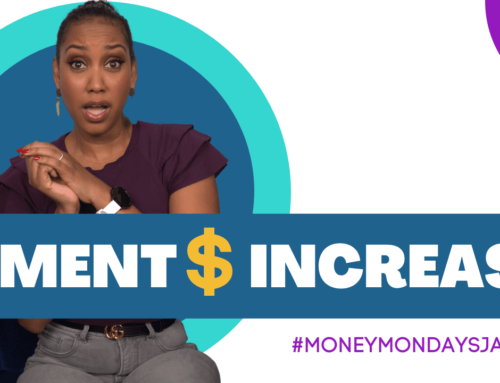Equity…that’s a word we hear a lot but how many of us know what it means? Let’s go back to the basics and discuss the different types of equity and its value to investors.
Equity has different definitions depending on the context. When talking about the stock market, equities are shares in the ownership of a company. So when a company offers equities, it’s selling partial ownership in the company. Equity is also prominent in business and in home ownership. Let’s dive in!
Equity in Business
Let’s say we started a small water bottling company and we want to know the equity we’ve put in the business. First, we need to know our total assets. Well, during the course of business we needed to buy a water pump to supply and fill our bottles. So it’s definitely an asset. We found a pump that costs $1 million but the bank only offered us a loan for $700,000 to finance the purchase. We found the remaining $300,000 from our own cash and money from relatives. Well this $300,000 would be seen as shareholder’s capital or equity. That’s how much you’ve invested in the company – your skin in the game.
Equity in Stocks
So you get the concept. Coming back to equity on the stock market, you can see that it’s very similar to equity in small business. Let’s say that the assets owned by the company are 1,000 water pumps used for manufacturing. These pumps are used at different branch locations. The total value of the assets would be $1 billion. The company would have many loans outstanding…let’s say that totals $700 million. The remaining $300 million would represent capital or equity from the founding shareholders and new shareholders in the case of the company going public. An investor can make the choice to either buy bonds or stocks. Buying bonds means that there is a predetermined interest rate and may use the machines as collateral. Buying stock carries more risk but also more potential profit reward.
Let us look at a basic Accounting Equation, we know that Assets is equal to Liabilities plus Equity. So that would mean that Equity is equal to Assets minus Liability. So equity would go up if the company is profitable and down if the company suffers losses or pays out dividends.
This is also why trading stocks is often referred to as trading equities or equities trading. You’re buying or selling equity in various companies.
Equity in Home Ownership
Equity in home ownership follows these same rules but it is slightly different. The asset would be the house. Let’s say this house costs $15 million. The homeowner can get a loan of $10 million from the bank and has equity of $5 million in the house. Remember how equity in business and the stock market can go up or down, the same happens for equity in home ownership.
When the homeowner pays mortgage on the house to the bank, their equity will increase. If after a year, $1 million is paid in mortgage, the equity for the homeowner will increase from $5 million to $6 million. Your equity in the home is the value that you own. That’s why banks often offer home equity loans. Even though you don’t own the home outright, you are able to get a loan using your home equity as collateral. This is a major reason buying a home is often cited as being better than renting. Each mortgage payment you make increases your equity in the home and becomes an asset to you.
If the market value of the house increases, then the homeowner’s equity will increase as well. Remember that equity is the assets minus the liabilities. So, let’s say the house’s market value increases from $15 million to $17 million, then your homeowner’s equity goes up from $5 million to $7 million.
It is the same for a decrease in the market value of the house. So if the house’s market value falls from $15 million to $12 million, then the equity for the homeowner will go down from $5 million to $2 million. If the house’s market value decreases to less than the $5 million equity owned by the homeowner, then you’re in real trouble and will need to have a serious conversation with the bank to make a plan so you can get back to positive equity. In the worst case, the homeowner might lose ownership of the house. This is called being underwater, and is what happened to thousands of homeowners during the great mortgage crisis that led to the 2008 recession. As home values tumbled, many people found themselves owing more on the home than what it was worth.
To recap – equity, whether it is in business, stock market or home-ownership follows the Accounting Equation: Assets = Liability + Equity. To calculate your equity, just do a simple flip of the equation to get Equity = Assets – Liability.
Visit EXIM Bank’s Business Advisory Service at:
https://eximbankja.com

















